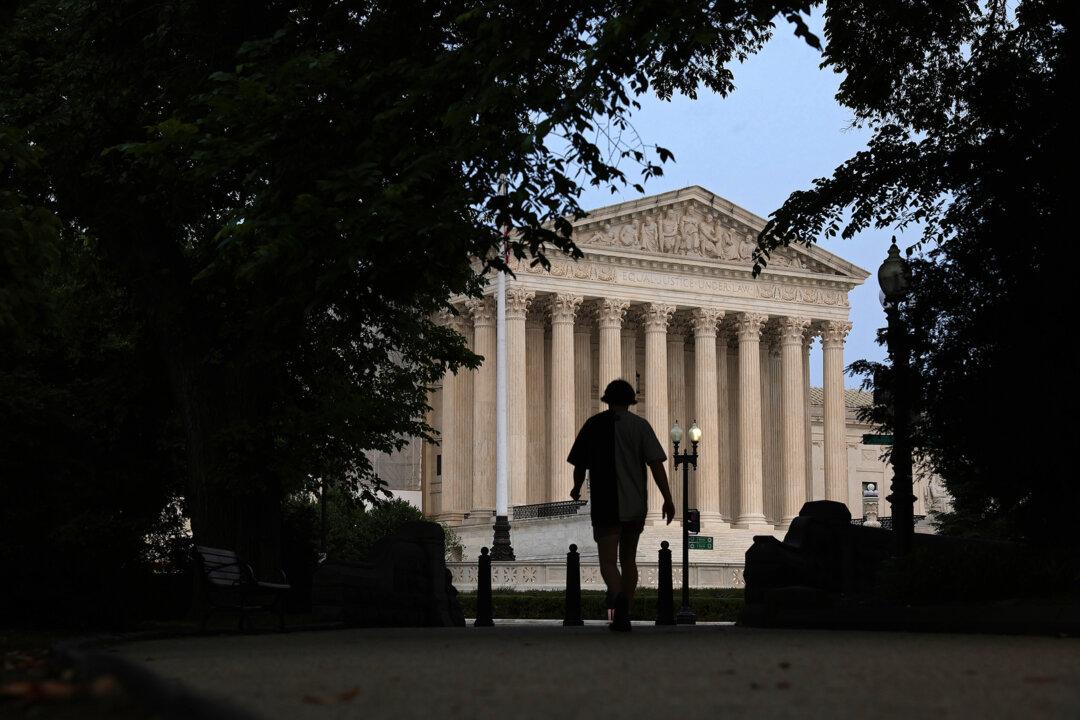The U.S. Supreme Court has declined to take up a case that accused a Texas county of having cash bail practices that violate the constitutional rights of detainees by discriminating against those who are poor.
The Supreme Court denied a petition for certiorari on Jan. 8 in the case, which had its beginnings in 2018 when a coalition of groups—including the American Civil Liberties Union (ACLU)—filed a lawsuit on behalf of six plaintiffs, alleging systemic unconstitutional pretrial detention practices in Dallas County.





